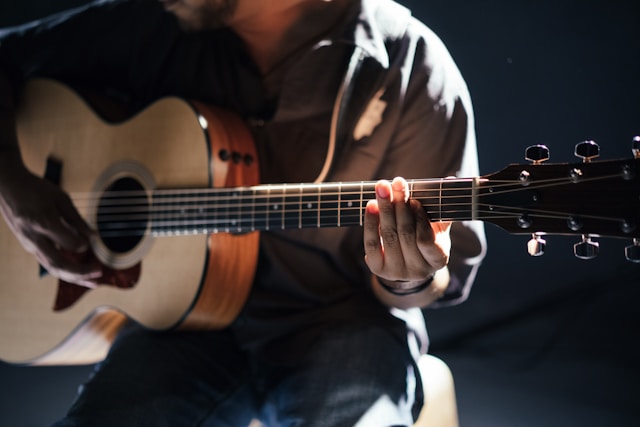
If you’ve ever been to a live concert, you know what it feels like. There’s an incredible energy in the air, especially when everyone’s dancing and singing along. You’ll find like-minded people who share the same taste in music.
On the same note, live concerts are also the types of events where people feel connected. If you go to concerts regularly, you’ve probably been hugged by strangers or held hands with someone next to you during a dance.
It’s a dynamic experience that brings people together. Why, though? Why do people feel so connected at a live concert? Here’s everything you need to know.
The effect of endorphins
Music has been part of everyone’s lives since ancient times. It seems there’s a specific part of the brain that processes music, making it a functional part of your everyday life. Music makes you happy, but it can also put you in a certain mood.
When you sing along with others and share the same music, neurochemicals in your brain will go through a unique process, hence the feeling of connection. Endorphins are naturally released, adding to your feeling of happiness.
The natural release of endorphins starts when you first hear about your favorite band’s next tour. To secure concert tickets, you must find a trustworthy platform. Start by asking Google questions like Is Stubhub legit https://sites.google.com/site/legitticketsites/stubhub-reviews-2016? Is Viagogo legit https://sites.google.com/site/legitticketsites/viagogo-reviews? Is Ticketmaster legit https://sites.google.com/site/legitticketsites/ticketmaster-reviews? If all these are genuine, then you can start booking on any of these sites. And endorphins will start flooding your brain as soon as you find the best tickets and seats.
It seems the release is more intense when you listen to your favorite music along with others rather than by yourself in your headphones. Emotions are more positive, while bonds created through this interaction are much stronger.
The feeling of social belonging
On the same note, it’s one thing to listen to music by yourself and a different thing to do it in a group. The size of the group is just as important. You won’t feel that close when you sing along with 20 people in the audience, but you’ll definitely feel a stronger bond when you’re surrounded by hundreds of them.
When you’re in a smaller group, the atmosphere doesn’t feel too intimate. You feel like keeping the distance. But when more people unleash themselves next to you, their energy will inevitably pass to your body as well.
Attending a live concert with a group is still excellent for social belonging, regardless of the size of the audience. But then, the levels of endorphins are much higher in larger groups.
Music has also been associated with the natural release of dopamine. Dopamine is responsible for regulating your mood, so it’s considered a hormone of pleasure. However, when it comes to music, it’s more than just pleasure, it’s a hormone of bonding.
Group identity makes people feel closer to each other because they share the same passion in terms of music, an element that fuels the soul.
Positive vibes only
The natural sense of belonging and the release of happy hormones will inevitably bring in a positive attitude during a live music event.
At the same time, music inevitably forces people to affiliate with the group around them. No matter what music you’re into, it has some rhythmic patterns. These patterns help people in the audience synchronize their brains.
It’s similar to a dancing movement. People synchronize their bodies when they dance, whether they dance together or in a group. The same rule applies to the brain. This level of synchronization is more obvious in older attendees than in youngsters, yet youngsters seem to socialize more.
These positive vibes associated with music have beneficial effects in more directions. You’ve probably noticed you feel happier after going to a concert, and this feeling lasts for days. You’ll feel recharged, so your productivity will skyrocket as well.
In conclusion, there are no doubts about it: music is made for inclusion. Whether you’re in a small or big group, the energy and harmony of music make you feel like you belong. The joy from music also boosts your mood through the release of happy hormones like endorphins and dopamine.
Some music can divide, indeed, by creating exclusivity. But at the end of the day, no matter what type of music it is, it can still bring people together in ways they’ve never imagined.
